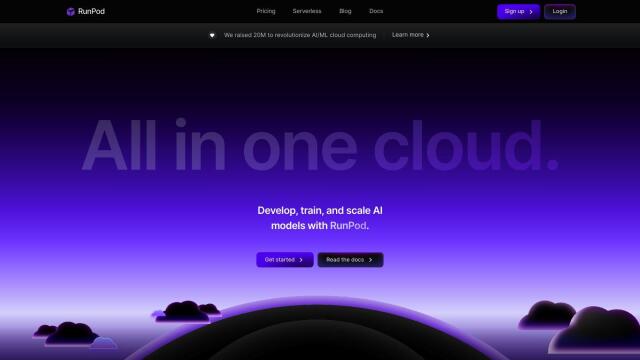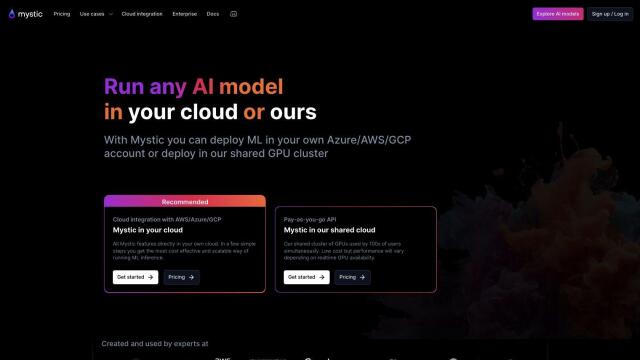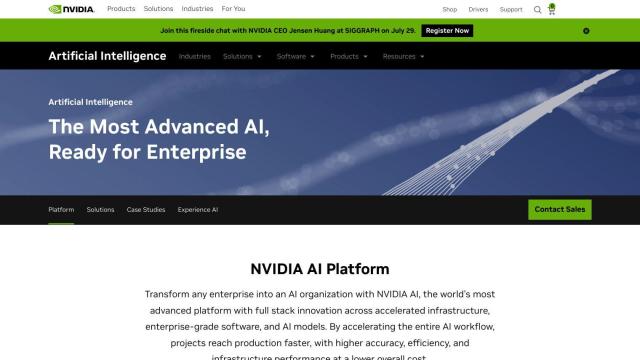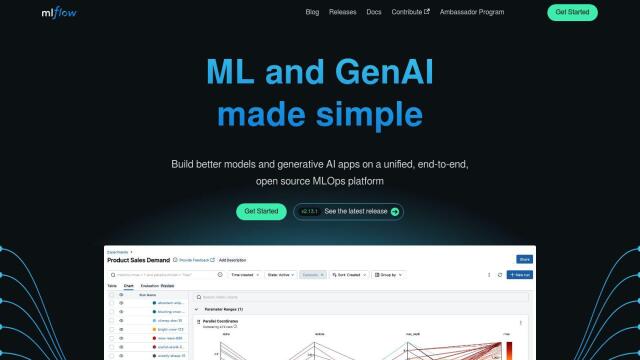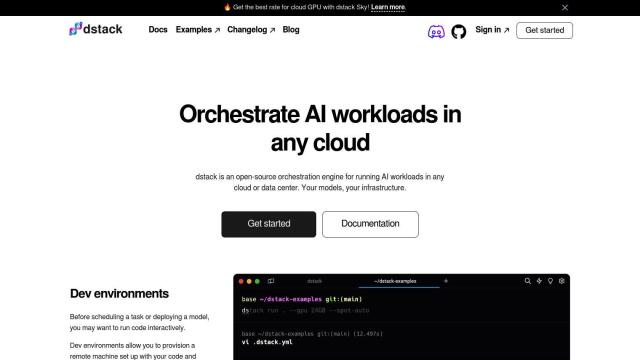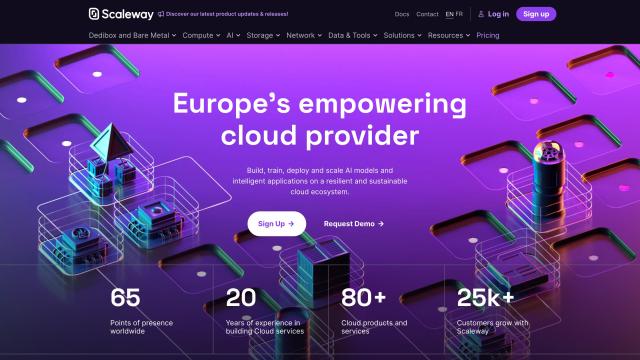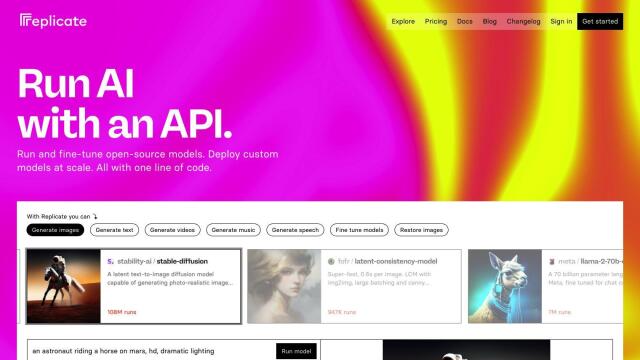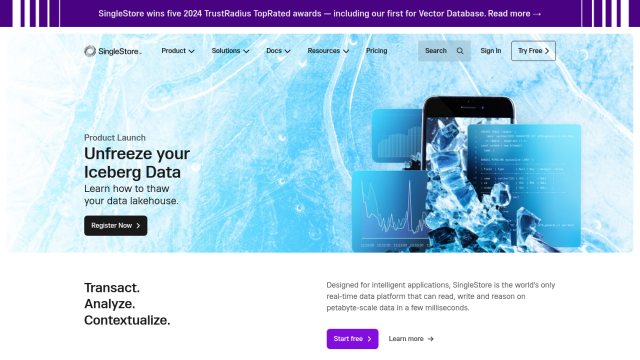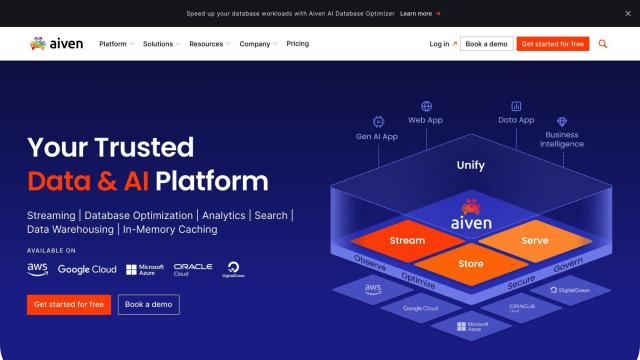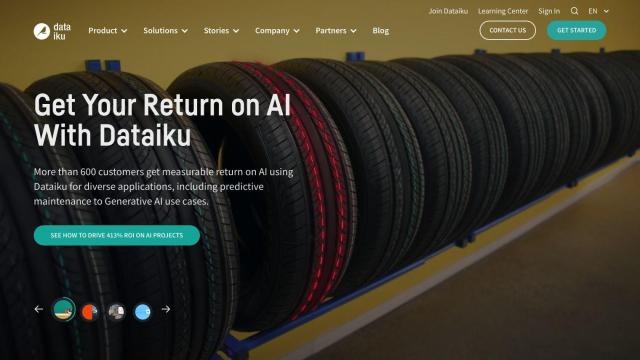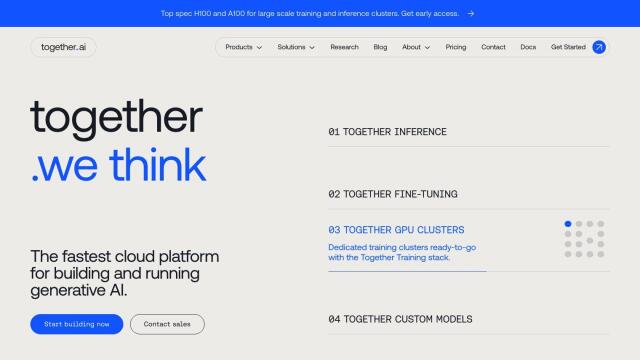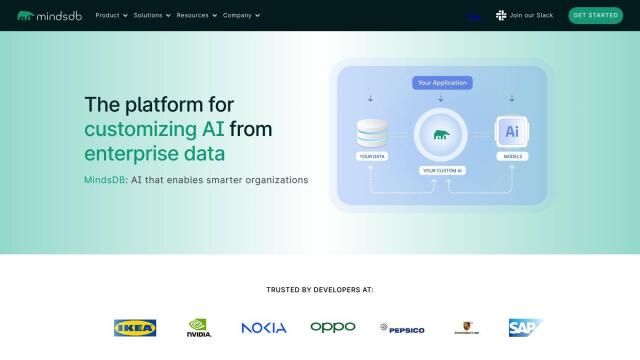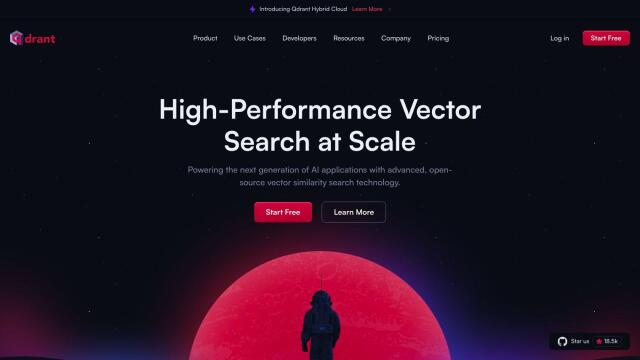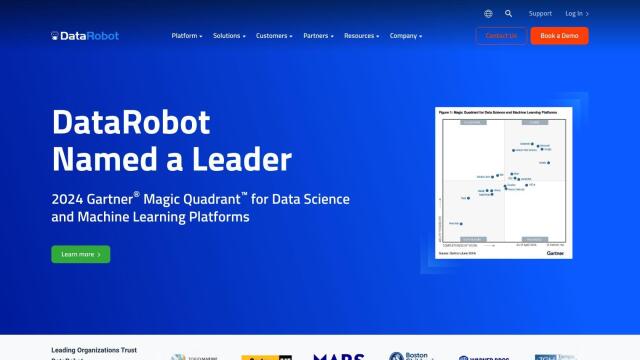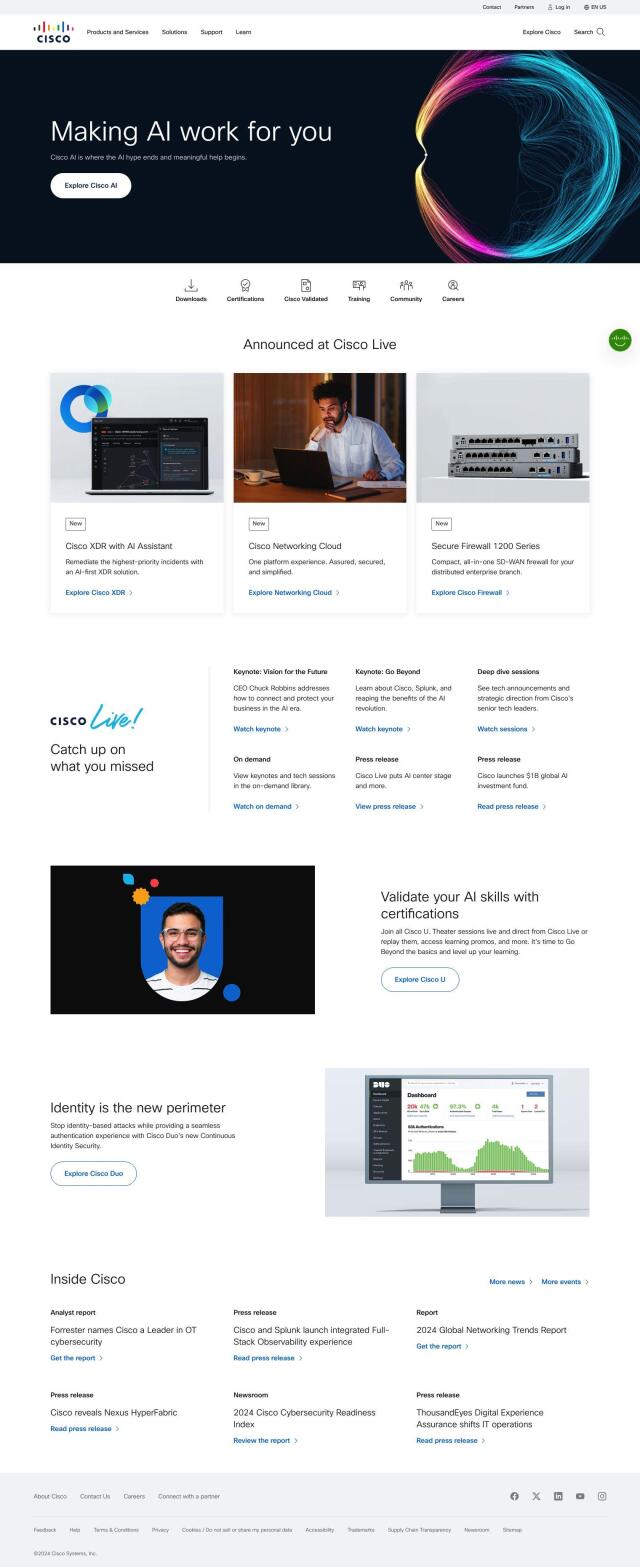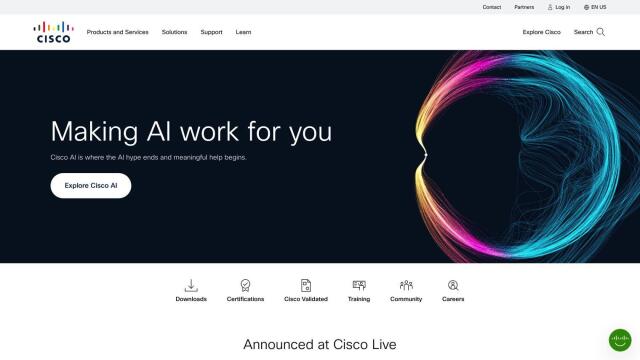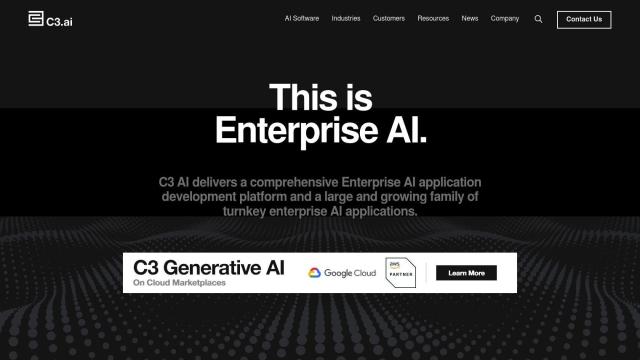Question: Can you recommend a highly scalable object storage system for artificial intelligence and machine learning workloads?

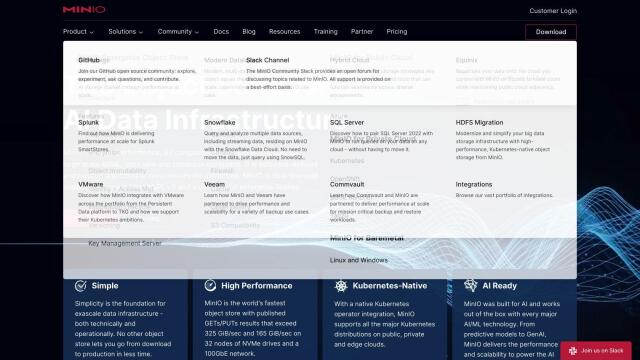
MinIO
For highly scalable object storage systems well suited for artificial intelligence and machine learning workloads, MinIO is a top pick. This open-source software is designed for cloud-native workloads and can be easily integrated with a variety of cloud and on-premises infrastructure. It includes features like multi-site replication, industry-standard encryption and a console for managing instances and searching metadata. MinIO's integration with Amazon S3 and Kubernetes-native architecture make it a good option for large-scale AI/ML workloads.

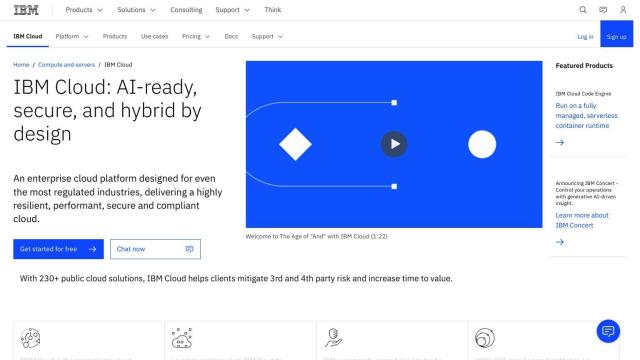
IBM Cloud
Another good option is IBM Cloud, which offers a secure and high-performance foundation for AI workloads. IBM Cloud offers a variety of products and services geared for regulated industries, including IBM WatsonX.ai for rapid deployment of AI models. Its ability to scale easily, security and competitive pricing make it a good option for companies that want to manage and govern their AI workloads.

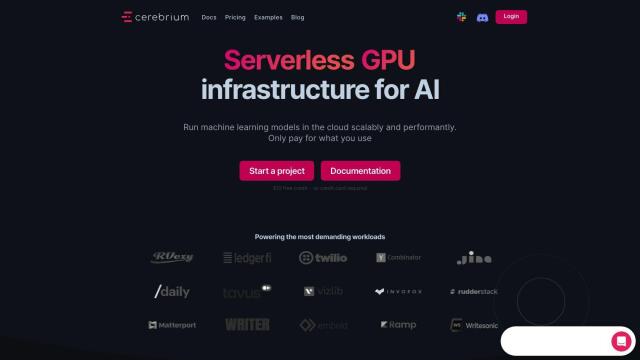
Cerebrium
For a serverless GPU infrastructure, Cerebrium is a good option. It offers a pay-per-use pricing model that can cut costs dramatically compared with traditional approaches. Cerebrium features like real-time monitoring, hot reload and streaming endpoints make it easy for engineers to use. The platform is designed to scale automatically, ensuring high performance and reliability for AI model training and deployment.

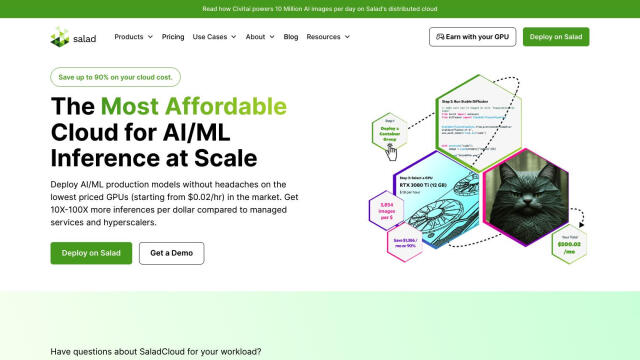
Salad
Finally, Salad offers a cloud-based platform for deploying and managing AI/ML production models at scale. With features like a global edge network, multi-cloud support and SOC2 certification for security, Salad offers a cost-effective option for GPU-heavy workloads. The platform's on-demand elasticity and integration with popular container registries make it a good option for large-scale AI workloads.

